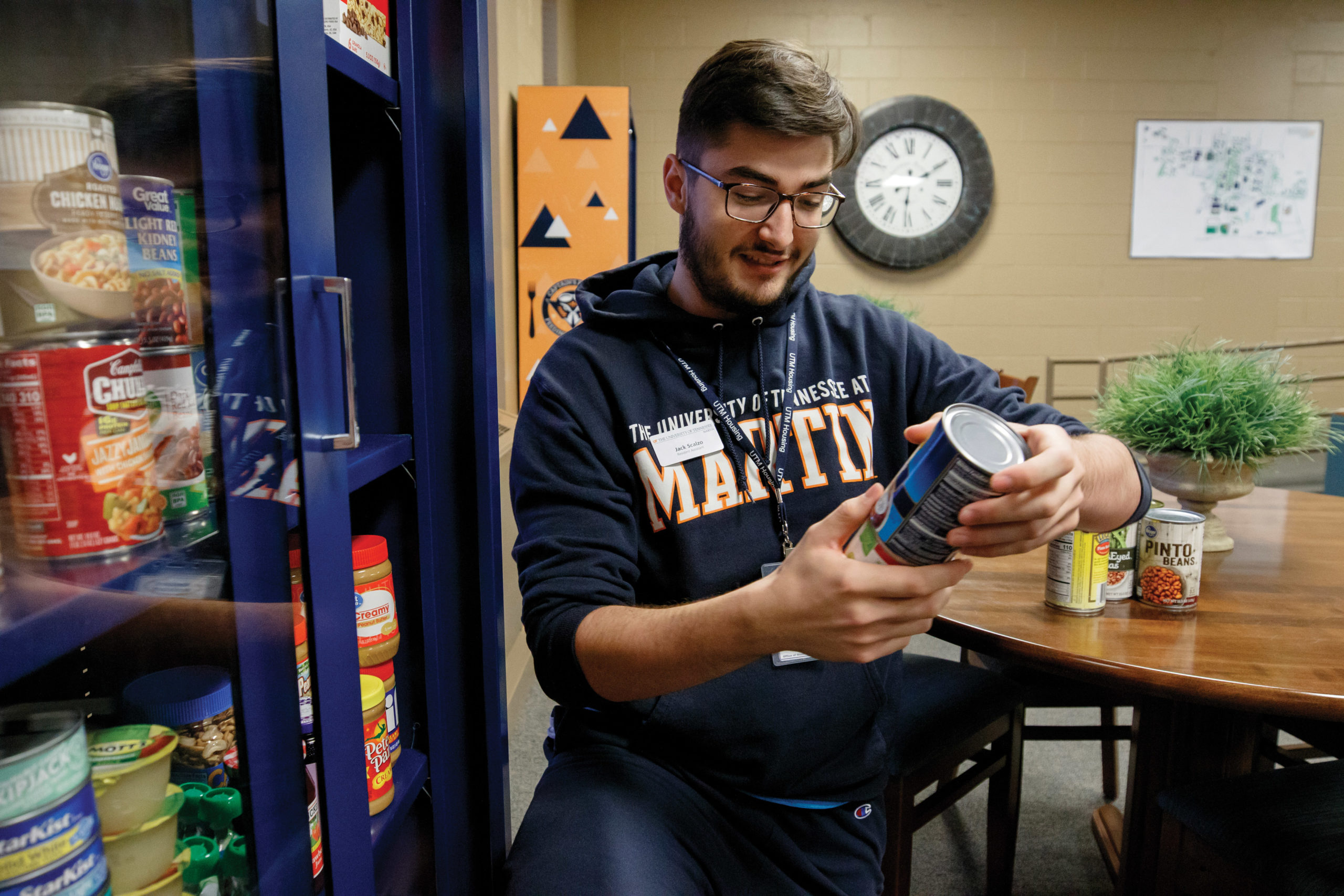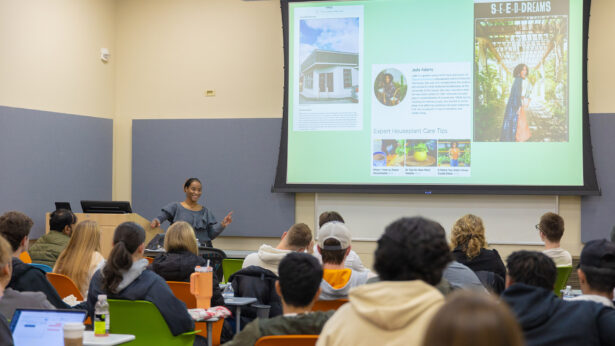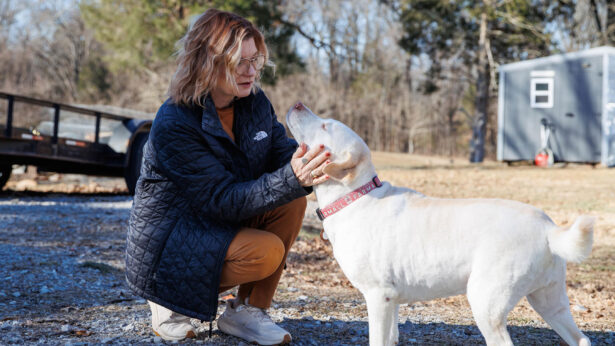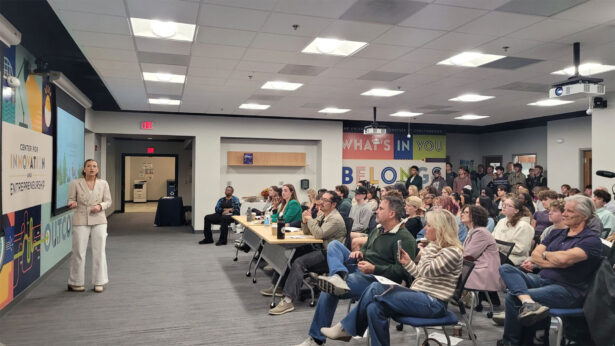By Jackie Wise Parreco
The Alliance of Women Philanthropists awarded seven grants totaling more than $50,000 for projects throughout the University of Tennessee.
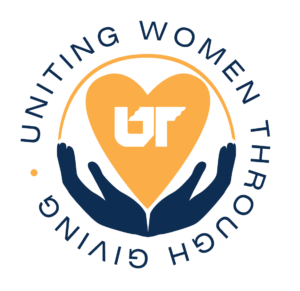
Empowering change and creating inspiration at UT, the alliance is a network of 4,526 women who want to impact the next generation of students, while encouraging women to be philanthropic leaders.
Alliance members created the Giving Circle in 2007. Contributions come from alliance members and support initiatives of instruction, research and outreach of UT students and faculty. Rita Freeman Silen (Knoxville ’74), who chairs the grants committee, sees helping faculty and students make their educational, environmental and humanitarian visions come to fruition as a privilege.
“The University of Tennessee is inspiring young people to be brave, think outside the box and ask questions while collaborating with fellow students in other majors, where team work opens even more opportunities. Being part of those projects, still in the seed form, invites us as alumnae to participate in witnessing growth of our university through these bright students,” she says.
Alliance of Women Philanthropists
Facts & Figures
- 4,526 general members as of Jan. 1, 2019
- $1.469 Billion committed to UT’s campuses as of Nov. 30, 2018
- Women donors have increased from 131,302 to 138,194 since 2018
- Since the creation of the Giving Circle in 2007, the alliance has provided more than $606,300 for 67 UT programs and research endeavors across the state
- In 2019, they awarded seven grants, totaling $50,725
Since the creation of the Giving Circle in 2007, the alliance has provided more than $606,300 for 67 UT programs and research endeavors across the state.
The 2019 grant recipients represent life-altering opportunities for students, innovations in learning and community partnerships that reflect the mission of the university to educate, discover and connect.
UT Martin
Housing Food Pantry
Funding Awarded: $4,625
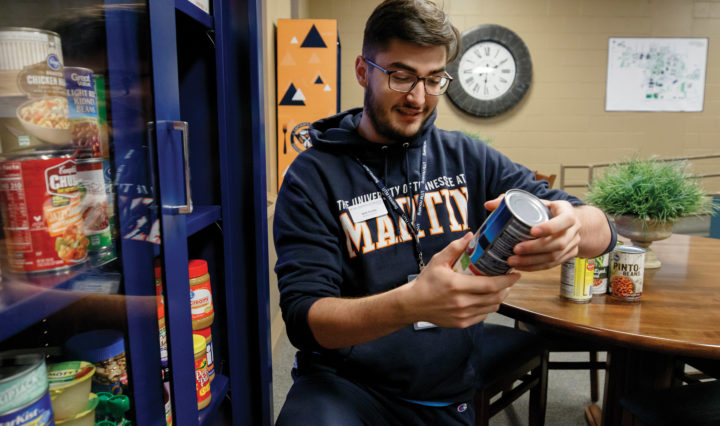
To address the need of food insecurity among the UT Martin student population, a food pantry was created to provide sustenance to those in need. The pantry alleviates the stress and burden for those students who may not have access to a sustainable diet and offers insight to the campus on the needs of their students. “With the support of this grant money, we will be giving our students a safety net when hard times hit. Our hope is that this food security resource will help our students focus on their academics and help them get one step closer to graduating with their degree,” says Ryan Martin, assistant director of housing.
UT Knoxville
Preparing Pediatric Nurse Practitioners and Speech-Language Pathology Students
Funding Awarded: $7,876
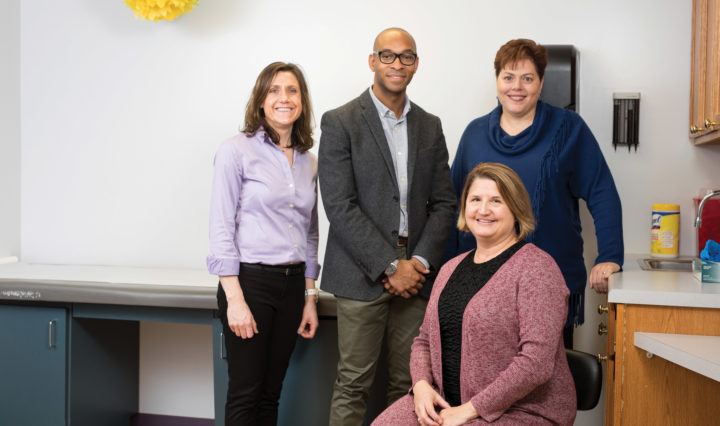
Adequate communication skills are fundamental, and early identification of speech, language or hearing impairments is critical for children to achieve developmental benchmarks. Using current speech-language screeners in simulation labs, this project will allow UT Knoxville nursing, speech-language pathology and engineering students to collaborate on the development of a working electronic model for identifying and referring at-risk children. Additionally, the project will provide community support and outreach in East Tennessee and support research to improve identification of communication delays.
UT Chattanooga
Autism Employment Project
Funding Awarded: $5,330
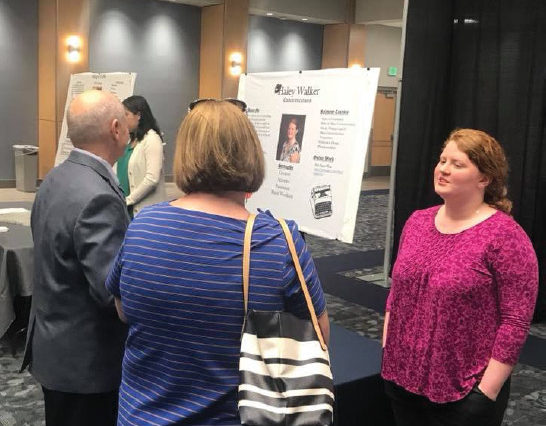
The Autism Employment Project aims to change the conversation from deficits to unique strengths when engaging individuals on the autism spectrum in career opportunities. Through the creation of opportunities to make young adults with autism spectrum disorder more employable and marketable, students will emerge more career-minded and marketable to the workforce. A major component in the project is an expansion of the annual Reverse Career Fair, which allows students to set up tables to showcase themselves to local businesses.
UT Chattanooga
Interdisciplinary Standardized Patient Program
Funding Awarded: $9,100
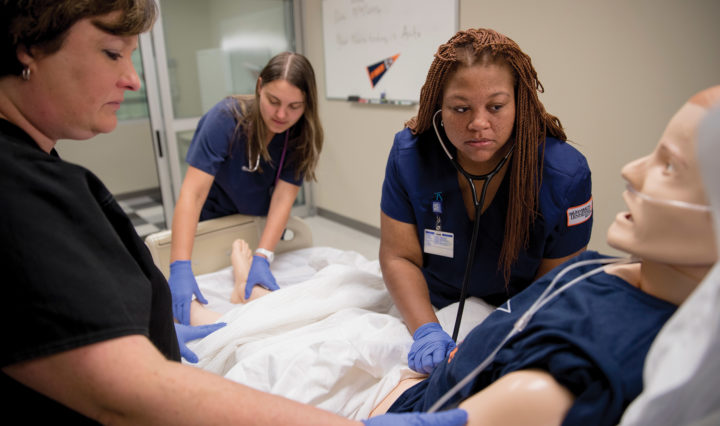
An Interdisciplinary Standardized Patient Program is an active, experiential learning program for students. Human role players are used for training health care professionals, introducing students to potentially stressful situations before they encounter them in their career. There are more than 2,000 students enrolled in health profession courses at UTC. The interdisciplinary approach provides these students an opportunity to train in a team-managed care scenario for preparation in future clinical practice.
UT Martin
Growing Older: Using Simulation to Encourage and Improve Care
Funding Awarded: $10,000

The current geriatric learning experience for nursing students at UT Martin is lecture based with limited simulation. This grant will incorporate a Geriatric and Gerontology Pathway Package that will provide students the opportunity to face the effects of aging firsthand through wearable simulation equipment. The experience of arthritic hands, hearing impairments, visual problems, hand tremors and ambulating with a walker will prepare students for work with older adults, regardless of the setting.
UT Knoxville
SuSTEMability Pilot Program
Funding Awarded: $6,794
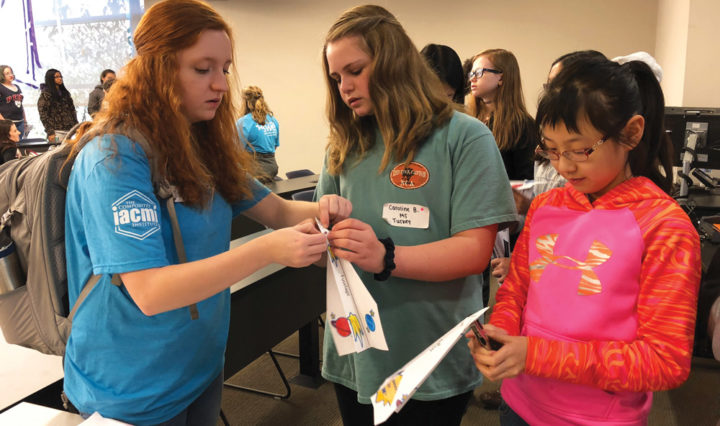
SuSTEMability is an outreach program to engage girls at socio-economically disadvantaged elementary schools in science, technology, engineering and mathematics (STEM). Taught by female graduate students, it integrates STEM outreach, college preparation and environmental sustainability awareness and provides female role models to inspire girls to pursue STEM fields. Students participate in a 10-week program that includes water-bottle collection to create filament for 3D printing and concludes with the students designing, printing and testing an airplane.
UT Knoxville
Growing Green and Sustainable Communities with Rain Gardens
Funding Awarded: $7,000
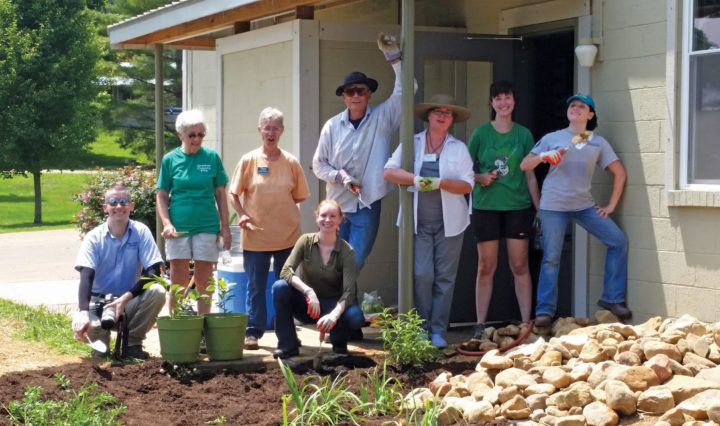
Through rich community partnership, this project will engage residents of three Knoxville neighborhoods in an urban rain garden program. A team of social work, engineering and agricultural extension faculty and students will work with lower- to moderate- income residents to install and maintain rain gardens on their properties. In residential areas, rain gardens can reduce water damage on a homeowner’s property and contribute to overall watershed health through reduced stormwater runoff.
